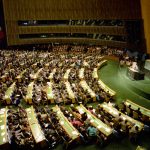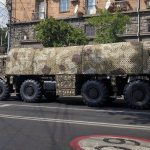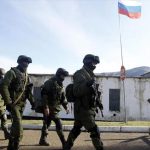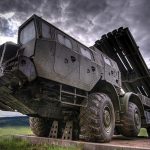- 21 November, 2023
- Military Cooperation
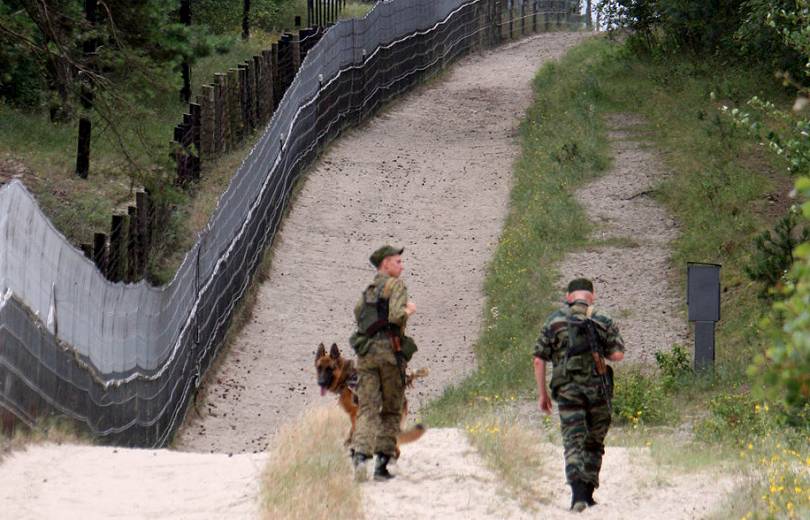
Union of Informed Citizens NGO recently sent an inquiry to the Ministry of Foreign Affairs, the response stating:
- “Ratification procedures for the entry into force of the Treaty between the Republic of Armenia and the Russian Federation on the Status and Operating Conditions of the Border Troops of the Russian Federation on the Territory of the Republic of Armenia of September 30, 1992 were not օբսեռվեդ in view of Article 30 of the agreement, according to which the agreement shall enter into force upon signing.”
In response to another inquiry by the organization, the ministry noted:
- “The Treaty between the Republic of Armenia and the Russian Federation on the Status and Operating Conditions of the Border Troops of the Russian Federation on the Territory of the Republic of Armenia of September 30, 1992 was signed by the Prime Minister of the Republic of Armenia without specific powers, because according to the provisions of Article 5 of the Law of the Republic of Armenia on the Concluding, Ratifying and Revoking International Agreements of June 6, 1992, the President of the Republic of Armenia, the Prime Minister of the Republic of Armenia and the Minister of Foreign Affairs of the Republic of Armenia shall have the right to negotiate and conclude international agreements of the Republic of Armenia without specific powers.”
The response to our last inquiry reads:
- There is no information available in the Ministry and the National Security Service regarding the existence of a decision of the Supreme Council of the Republic of Armenia on the deployment (distribution) of border troops of the Russian Federation in the Republic of Armenia.
First of all, it should be noted that regardless of what procedure is envisaged (or no procedure is envisaged at all) in the international agreement regarding its signing and/or ratification, the question of what type of international agreements are subject to verification is regulated by the domestic legislation of each state.
Moreover, it refers to the principle of separation of powers, and such regulations are often found in the Constitution rather than ordinary laws, largely depending on the role of the president, government and parliament in the country. And even if the agreement stipulates that the signature only is sufficient for its entry into force, in the event that the domestic legislation provides for a ratification process, the ratification procedure shall be followed. Otherwise, it will constitute an excess of power.
Moreover, according to Articles 8 and 9 of the Law of the Republic of Armenia on Concluding, Ratifying and Revoking International Agreements (HO-30, adopted on June 6, 1992, expired on September 1, 2000, 1992) cited by the Ministry of Finance of Armenia: International treaties of the Republic of Armenia shall be ratified by the Supreme Council of the Republic of Armenia, subject to ratification are: agreements on cooperation and mutual assistance, defence, mutual renunciation of the use of force or the threat of use of force, demarcation of state boundaries, reconciliation, trade regulation, agreements referring to international organizations, agreements that impose obligations on the state’s finance sector, agreements on amending laws, the status of an individual.
Moreover, as of November 1992, the first Constitution of the Republic of Armenia had not yet been adopted, but the Supreme Council had adopted the Declaration of Independence, which stated: This declaration serves as the basis for the development of the constitution of the Republic of Armenia and, until such time as the new constitution is approved, as the basis for the introduction of amendments to the current constitution; and for the operation of state authorities and the development of new legislation for the Republic. This makes it obvious that the constitution and other laws to be adopted could not contradict the declaration.
According to Article 5 of the Declaration, military units of other countries, their military bases and building complexes can be located on the territory of the Republic of Armenia only by a decision of Armenia’s Supreme Council. The armed forces of the Republic of Armenia can be deployed only by a decision of its Supreme Council.
Thus, (a) according to the Declaration of Independence, the military units, military bases, building complexes of the border troops of the Russian Federation could be deployed in the Republic of Armenia only by the decision of the Supreme Council, (b) by virtue of the current law, “The Treaty between the Republic of Armenia and the Russian Federation on the Status and Operating Conditions of the Border Troops of the Russian Federation on the Territory of the Republic of Armenia of September 30, 1992 was subject to ratification by the Supreme Council.
Ruzanna Avagimyan
Union of Informed Citizens

